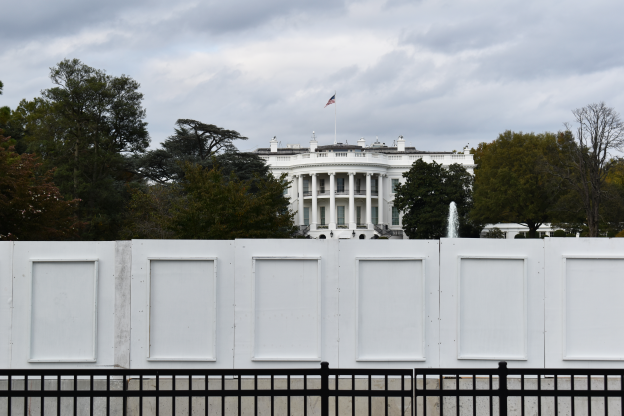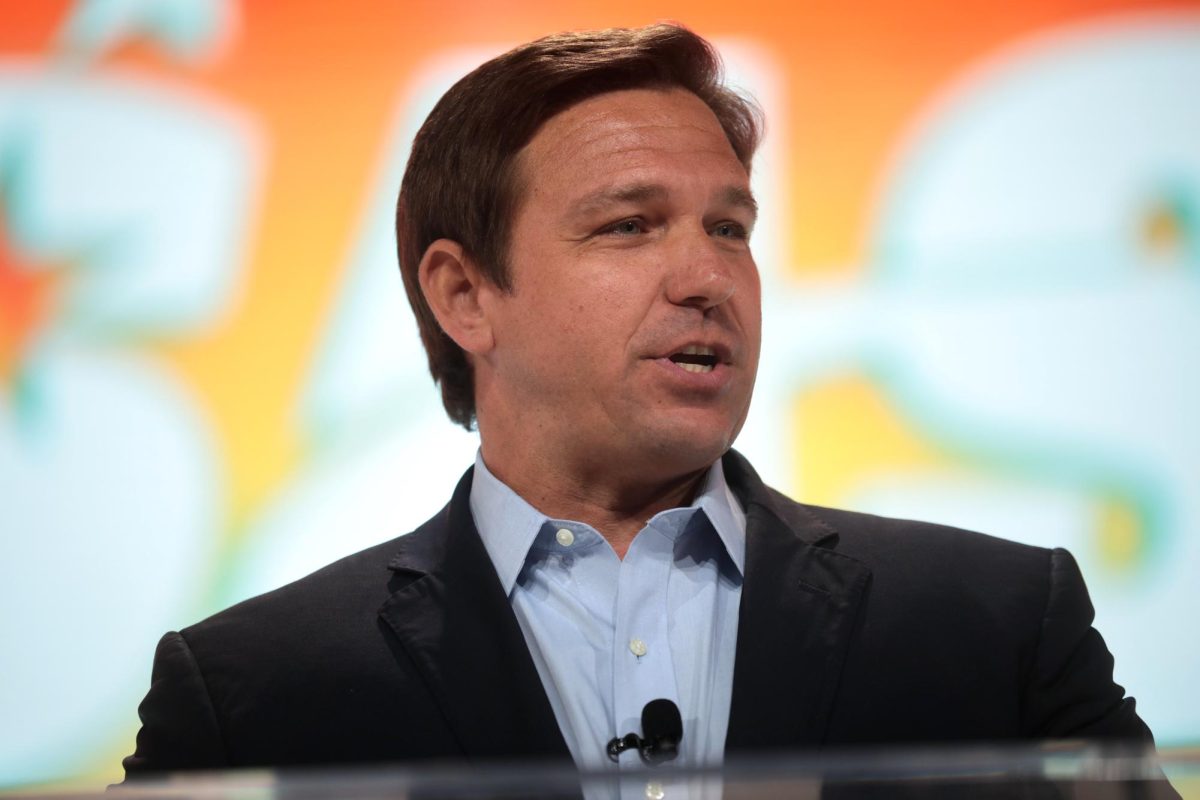
Benjamin Joffe is a freshman political science major.
Jan. 20, 2021 was a momentous day for millions of Americans. It marked the last day for an administration that had done unprecedented harm to communities around the United States.
From banning transgender military service to restricting immigration from predominantly Muslim nations, the damage of Donald Trump’s presidency is undeniable.
Now, it’s no secret that President Joe Biden is part of the democratic establishment; he is a long-time authority figure within the party and supports mostly moderate policies. His moderate stances create justified skepticism among progressives, but whether we like it or not, he is the only one who can facilitate meaningful reform right now.
Still, the Democratic party must be challenged to restructure as it is rapidly losing touch with its increasingly progressive voter base. If democrats lose touch with voters, the party could become divided, which would make it challenging to win future elections. When the democratic party nominates a candidate, it must not just be for their ability to win the election, but also for their ability to make reforms once in office.
While Biden may create skepticism amongst a large part of his voter base, action can still be taken to make sure he fulfills his duties as president. Although Biden draws much doubt, it is not to say that he hasn’t made any accomplishments so far.
Biden has signed 32 executive orders so far, and an analysis of these orders could give insight into how his administration will operate in the future. On his first day in office, Biden halted the construction of the Keystone XL pipeline which, if completed, would have threatened to pollute the water sources in many indigenous communities.
By rejoining the Paris Agreement, lifting the transgender military ban and by forming a task force for the reunification of families at the border, Biden took the first steps towards upholding the promises made in his campaign.
Biden’s strongest achievement has been his COVID-19 response. Since the day he took office, nearly 48.5 million doses of the COVID-19 vaccine have been administered, with vaccine distribution rates under Biden’s administration dwarfing the rates of his predecessor. In similar contrast to his predecessor, Biden relies on the input of public health experts when organizing COVID-19 relief.
Biden is also in a golden position for passing breakthrough legislation; the Democratic party has control of both houses of Congress and the Executive Branch. This political trifecta could create the opportunity to reform the Supreme Court, give statehood to Puerto Rico, establish a national $15 minimum wage and pass a Green New Deal, which would lay out a comprehensive plan to tackle climate change.
Yet, this trifecta is also a double-edged sword for Biden; when you have an opportunity like this, there is little excuse for inaction.
Unfortunately, we can already see cases of complacency when analyzing Biden’s recent foreign engagements.
In his first town hall as President, when asked directly about his policies concerning one of the largest human rights crises of our age, the genocide of Uighur Muslims in China, he fumbled his response and simply stated that China will face “repercussions” for human rights violations. This statement has almost no substance; Biden has yet to discuss the possibility of additional sanctions on China and has no clear policy to address this genocide.
The United States must stand for and protect human rights around the globe and inaction based on petty politics is inexcusable.
Biden has also inherited another unprecedented humanitarian crisis: the war in Yemen. The United States has backed Saudi Arabia in a bloody war in Yemen, which has left millions starving, and throughout this war, Saudi Arabia has committed countless war crimes.
Biden has announced that the United States will end military support and aid to Saudi Arabia; so far, only the sale of certain missile equipment has ended. If Biden does not end all military support for Saudi Arabia, he will perpetuate one of the largest humanitarian crises in the world by giving Saudi Arabia the means to commit war crimes against the people of Yemen.
The best way to hold any politician accountable is with the power of the vote. There is too much at stake to excuse complacency. If Biden cannot keep his promises, we must make it clear that he will leave a large part of his voting base disillusioned, which would hamper the Democratic party’s chances for victory in 2024.
President Biden’s first month has been intense. He needs to push for the reforms necessary to right the wrongs of his predecessor and firmly address issues around the world; but for that to happen, we must challenge him to be bold.


















